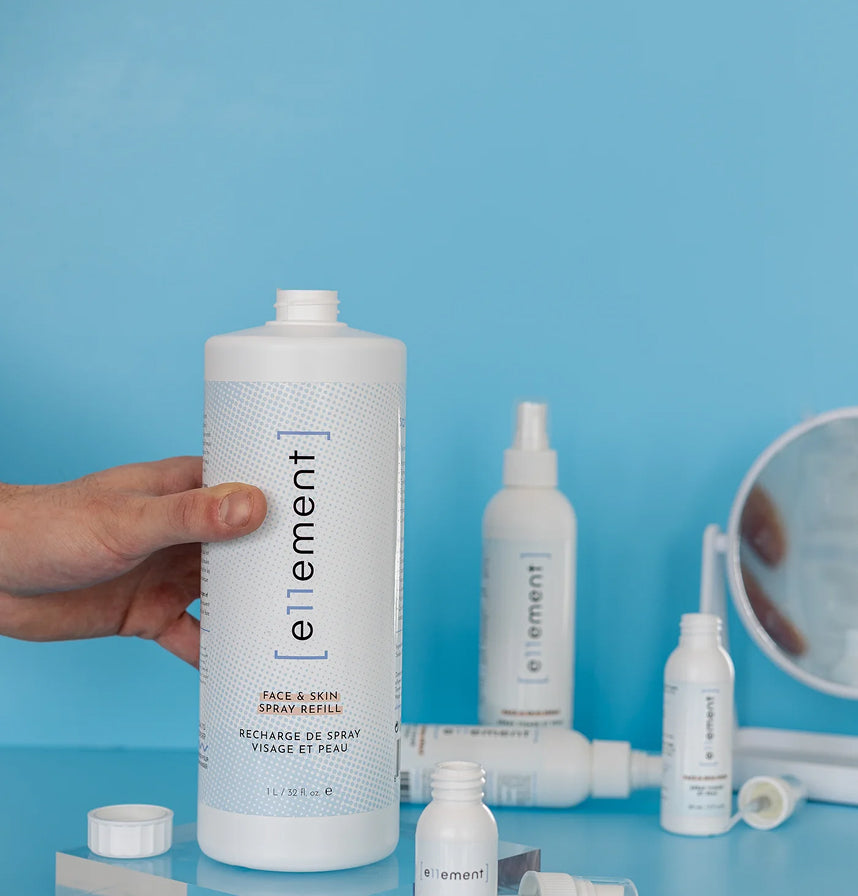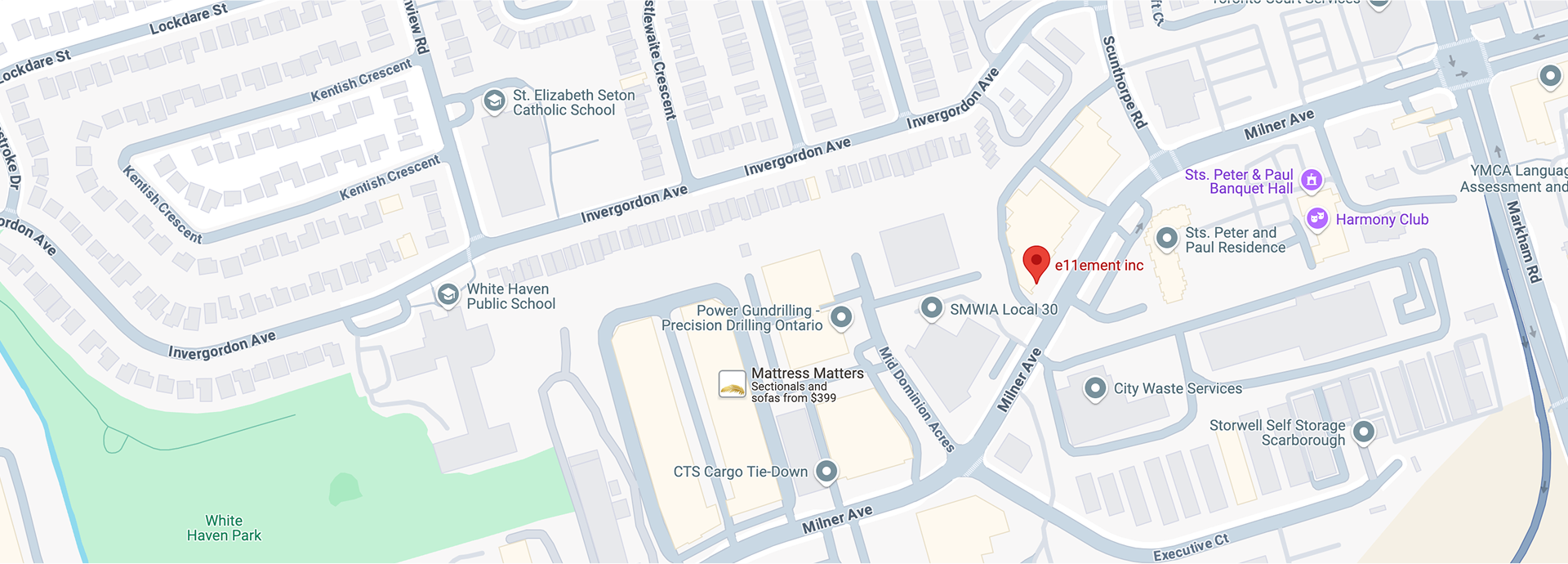In the world of skincare, finding solutions that cater to both acne-prone and sensitive skin can be challenging. Often, products that are effective for acne are too harsh for sensitive skin, while those designed for gentleness may not effectively treat acne. This is where Hypochlorous Acid (HOCl) steps in as a versatile and effective option. Known for its antibacterial, anti-inflammatory, and skin-soothing properties, Hypochlorous Acid is quickly becoming a staple ingredient in skincare routines for those with delicate, breakout-prone skin. Here, we explore why Hypochlorous Acid Spray is worth considering for a healthier, clearer complexion.

What is Hypochlorous Acid?
Hypochlorous Acid is a naturally occurring compound that is part of the body’s immune system response. It’s produced by white blood cells and plays a vital role in fighting infections, reducing inflammation, and promoting healing. In skincare, Hypochlorous Acid is synthesized to be safe and stable for topical use, providing the benefits of its natural form without any harmful additives or irritants.
Unlike many skincare acids that focus on exfoliation, Hypochlorous Acid works differently. Instead of peeling or scrubbing, it targets bacteria, inflammation, and irritation, making it an ideal choice for acne-prone and sensitive skin. Its gentle yet effective mechanism helps soothe skin while keeping it free from acne-causing bacteria, providing a balanced approach to skincare.
How Does Hypochlorous Acid Benefit Acne-Prone Skin?
1. Antibacterial Properties
One of the leading causes of acne is the presence of bacteria, particularly Propionibacterium acnes, which thrives in clogged pores. Hypochlorous Acid has strong antibacterial properties that help to eliminate this bacteria without causing irritation. By targeting these microorganisms, Hypochlorous Acid Spray helps prevent the formation of acne and minimizes the severity of breakouts.
2. Anti-Inflammatory Action
Acne and sensitive skin often come with redness, swelling, and discomfort. Hypochlorous Acid is naturally anti-inflammatory, which means it reduces redness and calms irritated skin. This can be especially beneficial for inflamed, cystic acne, where swelling and pain are prominent. Unlike conventional acne treatments that might cause further irritation, Hypochlorous Acid gently soothes, making it suitable for even the most sensitive skin.
3. Skin-Healing Support
Another key benefit of Hypochlorous Acid is its ability to support the skin’s natural healing process. By promoting cell repair and regeneration, Hypochlorous Acid Spray aids in reducing acne scarring and hastens recovery from blemishes. For individuals with sensitive skin that is prone to damage and scarring, this feature can be transformative, allowing for a clearer complexion without the risk of lingering scars.
Hypochlorous Acid Spray: An Effective and Easy-to-Use Solution
One of the best ways to incorporate Hypochlorous Acid into your skincare routine is through a Hypochlorous Acid Spray. Sprays are convenient, easy to apply, and suitable for all skin types, including sensitive and acne-prone skin. Here are a few reasons why using a Hypochlorous Acid Spray can be a game-changer for your skincare routine:
Convenience and Versatility
With Hypochlorous Acid Spray, application is as easy as misting the product directly onto the face or affected areas. There is no need to rub or massage it in, making it an ideal choice for individuals with reactive or sensitive skin. The spray format also allows for a light, even layer of application, covering the skin effectively without the need for multiple products.
Reduces the Risk of Over-Exfoliation
One of the challenges in acne treatment is avoiding over-exfoliation, which can strip the skin of essential oils and exacerbate sensitivity. Hypochlorous Acid doesn’t act as an exfoliant; instead, it offers a targeted approach to controlling bacteria and inflammation. This makes it suitable for daily use, allowing users to experience its benefits without worrying about over-drying or irritating their skin.
Supports a Balanced Skincare Routine
Hypochlorous Acid Spray can be used alongside other products in your skincare routine without disrupting their effects. For example, it can be paired with a gentle cleanser, moisturizer, and sunscreen to create a well-rounded routine that addresses both acne and sensitivity. It’s recommended to apply the spray after cleansing and before moisturizing to allow it to work effectively on clean skin.
Safety and Considerations for Hypochlorous Acid Use
Hypochlorous Acid is well-tolerated by most skin types due to its natural alignment with the body’s own immune responses. However, for those with particularly reactive skin or severe skin conditions, it is always advisable to conduct a patch test first or consult with a dermatologist. Here are a few considerations when adding Hypochlorous Acid Spray to your routine:
- Patch Test First: Apply a small amount on a less visible area of skin, such as the inner forearm, to ensure there is no reaction.
- Storage Tips: To maintain its efficacy, store Hypochlorous Acid Spray in a cool, dry place, away from direct sunlight.
- Use as Directed: Hypochlorous Acid Spray is generally safe for daily use, but overuse may not enhance its effectiveness, so it’s best to follow instructions provided by the product manufacturer.
Why Choose Hypochlorous Acid Over Traditional Acne Treatments?
Traditional acne treatments often rely on ingredients such as benzoyl peroxide, salicylic acid, or retinoids. While effective, these can cause dryness, peeling, and irritation—side effects that are often too harsh for sensitive skin. Hypochlorous Acid offers a gentler alternative that addresses acne without compromising skin comfort. Here’s how Hypochlorous Acid differs from traditional treatments:
- Non-Irritating: It avoids the burning or tingling sensation common with other acne treatments.
- Safe for Long-Term Use: Hypochlorous Acid can be used over an extended period without the risk of building a tolerance or causing sensitivity.
- Low Risk of Side Effects: Unlike harsher chemicals, Hypochlorous Acid is less likely to cause allergic reactions or exacerbate skin conditions.
Incorporating Hypochlorous Acid Spray in a Skincare Routine for Acne-Prone and Sensitive Skin
A basic skincare routine incorporating Hypochlorous Acid Spray might look like this:
- Cleanser: Begin with a gentle, fragrance-free cleanser to remove impurities without stripping the skin.
- Hypochlorous Acid Spray: Apply Hypochlorous Acid Spray to clean skin to target bacteria and inflammation directly. Allow it to air-dry or gently pat in.
- Moisturizer: Follow with a hydrating, non-comedogenic moisturizer to lock in moisture and reinforce the skin barrier.
- Sunscreen (AM Routine): Complete your morning routine with a broad-spectrum sunscreen to protect against UV damage.
This routine helps balance skin needs, delivering the antibacterial and anti-inflammatory benefits of Hypochlorous Acid while ensuring adequate hydration and protection.
Final Thoughts: Is Hypochlorous Acid Right for You?
Hypochlorous Acid offers a promising solution for individuals dealing with the dual challenges of acne-prone and sensitive skin. Its gentle nature, combined with powerful antibacterial and anti-inflammatory effects, makes it a unique addition to skincare routines. For those seeking a mild yet effective way to manage breakouts without risking irritation, Hypochlorous Acid Spray may be the answer. This ingredient bridges the gap between treatment and tolerance, providing relief from acne while supporting sensitive skin’s health and comfort.























